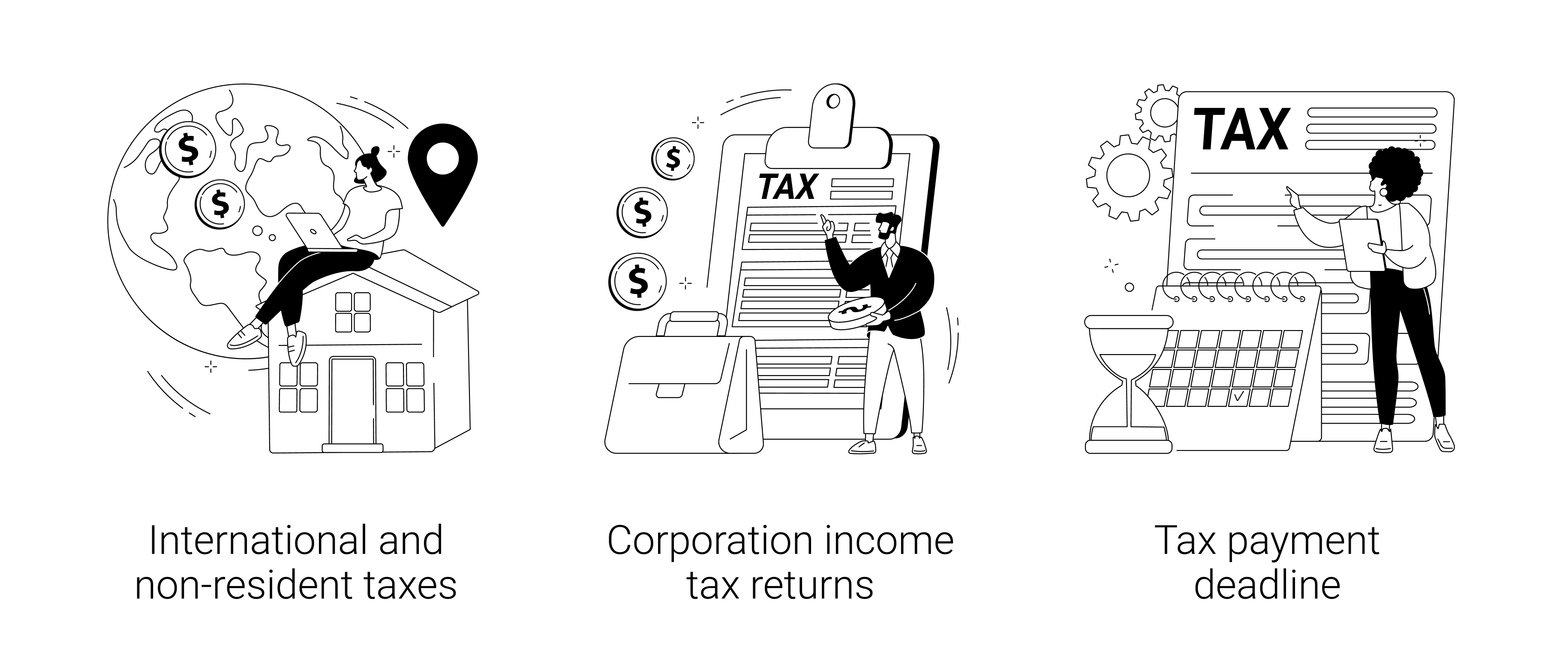Understanding Non-Vessel Operating Common Carriers (NVOCC): A Comprehensive Guide
Understanding Non-Vessel Operating Common Carriers (NVOCC): A Comprehensive Guide
Non-Vessel Operating Common Carriers (NVOCCs) play a critical role in the global shipping and logistics industry. They act as intermediaries between shippers and carriers, offering a range of services that facilitate the efficient movement of goods across international borders. Here’s a detailed look at what NVOCCs are, their functions, and their benefits.
What is an NVOCC?
An NVOCC is a company that provides ocean freight services without operating its own vessels. Instead, NVOCCs lease space on ships operated by ocean carriers and then sell this space to shippers. They issue their own bills of lading, known as house bills of lading, to their customers and take on the responsibilities and liabilities of a carrier.
Key Functions of an NVOCC:
- Cargo Consolidation: NVOCCs consolidate smaller shipments from multiple shippers into a single container, optimizing space and reducing costs.
- Documentation: They handle all necessary shipping documentation, including bills of lading, customs paperwork, and insurance.
- Freight Forwarding: NVOCCs arrange the transportation of goods from the point of origin to the destination, coordinating with various carriers and service providers.
- Customs Brokerage: They assist with customs clearance processes, ensuring compliance with regulations and facilitating the smooth entry of goods into the destination country.
Benefits of Using an NVOCC
1. Cost Savings
By consolidating shipments from multiple shippers, NVOCCs can negotiate better rates with ocean carriers, passing on the cost savings to their customers.
2. Flexibility and Accessibility
NVOCCs provide flexible shipping solutions, including various container options and scheduling choices, making it easier for businesses of all sizes to access international shipping services.
3. Comprehensive Services
NVOCCs offer end-to-end logistics solutions, including pickup, warehousing, documentation, and delivery, simplifying the shipping process for shippers.
4. Expertise and Efficiency
With their deep knowledge of shipping routes, regulations, and industry practices, NVOCCs ensure efficient handling of shipments, minimizing delays and complications.
How NVOCCs Operate
Lease Space on Vessels
NVOCCs lease cargo space from ocean carriers. They do not own or operate the vessels but instead buy slots on ships, which they then sell to their customers.
Issue House Bills of Lading
NVOCCs issue their own bills of lading, known as house bills of lading, to shippers. These documents serve as contracts of carriage between the shipper and the NVOCC and outline the terms and conditions of the shipment.
Coordinate with Various Parties
NVOCCs act as intermediaries, coordinating with ocean carriers, port authorities, customs agencies, and other service providers to ensure the smooth movement of goods.
Regulatory Requirements
NVOCCs are subject to regulatory requirements and must be licensed to operate. In the United States, for example, NVOCCs must be licensed by the Federal Maritime Commission (FMC) and adhere to specific bonding and tariff requirements.
Conclusion
Non-Vessel Operating Common Carriers (NVOCCs) are essential players in the global logistics and shipping industry, providing valuable services that facilitate international trade. By consolidating cargo, handling documentation, and offering comprehensive logistics solutions, NVOCCs help businesses navigate the complexities of global shipping efficiently and cost-effectively.
For more information and resources on NVOCC services, visit Wigmore Trading.








Comments are closed.